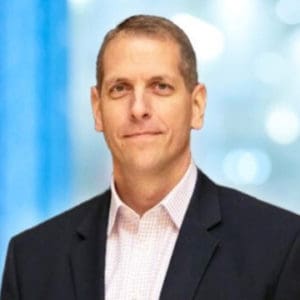Utility Management Series: Planning for the Post-Pandemic Future
This series tackles the prevailing dilemmas happening in utility boardrooms across the United States, now covering the question: What are the key focus areas for electric utilities moving forward?
A global pandemic. Dispersed workforces. Shifting energy demands. These are three key challenges that electric utilities are facing in 2020. The lights stayed on as millions of Americans shifted to remote work, and most didn’t wonder what was happening behind-the-scenes to make this transition possible. Electric utilities quickly transformed operations to support flexible work arrangements and social distancing. Mindsets shifted from if a utility could operate remotely to how this would happen.
While electric utilities could not have predicted 2020’s challenges, they can predict a “return to normal” won’t exactly be the same “normal.” Three key trends are apparent:
- Customer expectations are evolving. The shift to remote work has amplified the need for reliable electricity. Economic uncertainty is causing a greater need for customer usage data to help predict and understand their monthly bill.
- The need for remote management is increasing. Outage and restoration management, customer service and control over grid assets are just a few things that utilities can do remotely, and safely, with the right technology.
- Predicting and understanding usage is key. The global shift to remote work has also placed new demands on the grid and disrupted utilities’ demand forecasts. More people working at home means an increase in consistent residential energy usage, making accurate peak usage more difficult to predict and load management imperative.
For more information on these trends and how to address them, sign-up for the Xylem Reach 20 digital conference. I’ll be talking with Jeff Parish, metering services supervisor at Georgia Power, and Wesley Granade, Georgia Power’s AMI network operations manager, about their focus for the future and answering your questions live.



